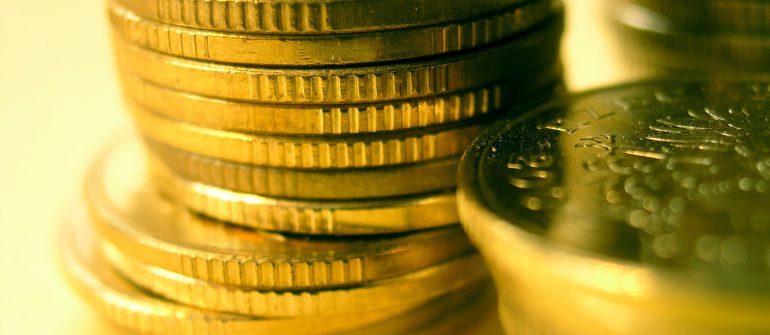A report by the BC’s Financial Stability Committee (Comef) shows that there has been a slowdown in the pace of credit growth.
At its last meeting, the Financial Stability Committee (Comef), a body of the Central Bank, highlighted the issue of interest rates in the country in assessing the economic and financial scenario.
Comef pointed out that there was a slowdown in the pace of credit granting both to companies and individual consumers. More expensive money, with rising interest for the customer, despite the Selic rate being stationary since August last year at 13.75%, also makes institutions more judicious in granting credit, says the Committee.
The Americana’s bailout is one of the reasons that are leading this movement of institutions, since it helped to change the credit market perspectives in the country.
In part, this movement of institutions was motivated by the bankruptcy of Americanas, which helped to change the perspectives for the credit market in the country
Aod Cunha, CNN’s Economy commentator, assesses that the continuation of the current level of interest rates should generate a challenging situation in the credit market.
“The maintenance of a high rate, the extension of that rate, evidently, at some point, would generate a situation of more acute credit restriction. We need to reduce the interest rate. An that must be done correctly, so that a poorly made reduction later does not lead to an additional increase in interest rates and a greater credit restriction, ”he explains.
In a report sent to clients, consultancy Verde Asset pointed out that there are incipient signs of a possible credit crisis hitting the Brazilian economy and that, therefore, “good public policies” will be necessary to manage the situation.
In the practical life of companies, high interest rates indicate the need to have more money to pay debts, often contracted in a scenario where the rate was close to the minimum, as it was in 2021.
It is also worth mentioning that Brazil has the highest real interest rates (which discount inflation) in the world, at 7.4%, second only to Argentina, a relevant challenge for business.
Interest rates are the tool used by the Central Bank (BC) to contain inflation.
Despite the side effects they may have on the economy, making credit more expensive and reducing the pace of activity in general, economists argue that it is a necessary remedy and a forced reduction in rates would have the opposite effect on prices.
In a recent interview with CNN, former Finance Minister Maílson da Nóbrega, founding partner of Tendência Consultoria, explains this unwanted effect.
“The perception (if the BC reduced interest rates “by force”) would be that the independence of the Central Bank ended”.
Future interest would rise sharply, impacting the cost of the National Treasury and credit in the economy, and this would further slowdown growth. Capital flight would provoke a sharp depreciation of the exchange rate, which would increase the acceleration of inflation. In other words, a complete and perfect disaster,” he says.
Interest rates are moving down
Recently, it has been possible to observe a movement in the interest rate futures market.
Figures show that the contract for January 2024, accounted for on December 14, were at 14.07%. On February 13, the index fell to 13.80%. On March 8, future interest rates were at 13.05%.
The assessment is that this movement is beginning to indicate some drop in interest rates. And economists forecast the possibility of the BC to start cutting interest rates in May or June grows.
This analysis takes place in the context of risk in the credit market, but also in view of the perspective that exists in Brasilia for the new rules that will guide and serve as a reference for public accounts.
Aod Cunha explains that a good proposal presented by the government can help to bring about a drop in the Selic rate.
“The fiscal rule cannot be just a projected target for the debt. It needs to show a clear rule about how public spending growth will be controlled. We know that it will not be a proposal like the spending ceiling was, but it has to be a rule that shows that spending growth will not generate a sharp growth in the public debt. If this is done, interest expectations fall,” he said.
Original Story: CNN Brasil | News
Photo: Photo by Magda S from FreeImages
Translation & Edition: Prime Yield
